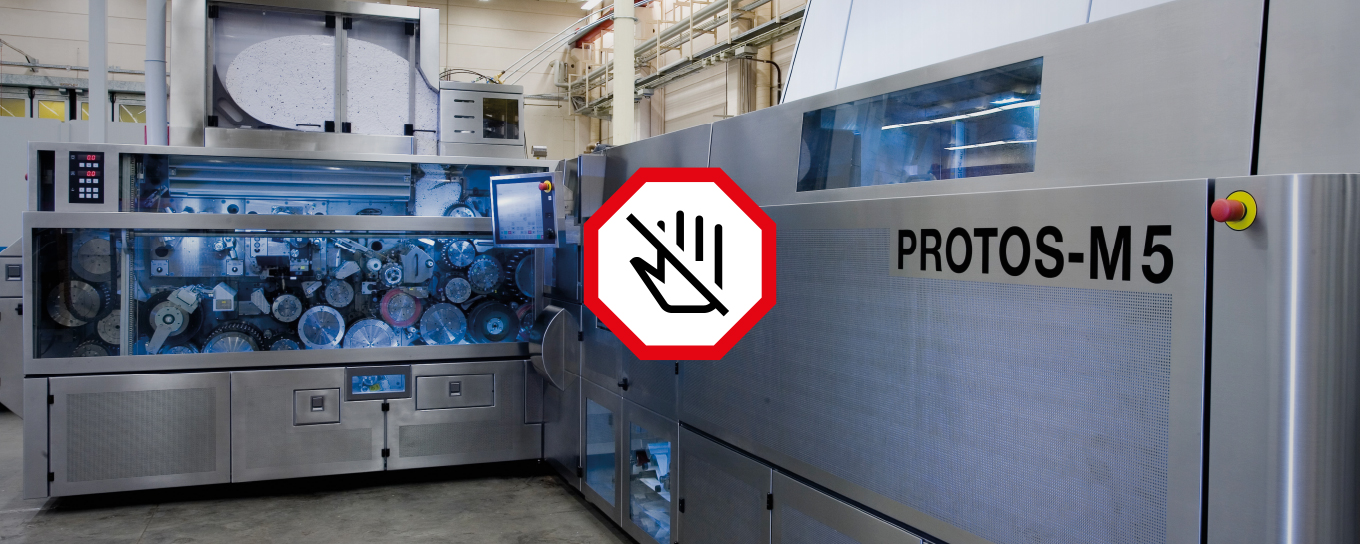In industrial manufacturing, machine performance often declines over time. Especially in the tobacco industry, the highly complex machines — often with more than 3,000 electrical and mechanical control parameters — present a major challenge for you as production personnel and particularly for you as operators: Even experienced professionals, let alone less skilled users, cannot realistically keep all variables in view and optimally aligned during everyday production. As a result, performance decreases, and production goals are missed.
Optimizing and stabilizing production for the long term
At Körber, we counteract these developments with our Advanced Services. “We identified this problem and developed a solution for our customers that stabilizes machine performance and the production process, optimizes it in less than four weeks, and secures the results in the long term,” explains Marco Castro, Head of Advanced Services at Körber. “Based on our machine know-how, decades of industry experience, and our extensive data base, we use a systematic methodology. We’ve consciously tied payment to the success of each project — an innovative approach based on our trust in the solution and measurable results.”
A structured approach for sustainable success
The first step of Advanced Services is process standardization. Here, Körber combines its own technical expertise with the customer’s brand-specific knowledge. The goal is to optimize the electrical and mechanical settings for each brand and machine. “Within a few weeks, we create a standardized framework that reliably meets the performance indicators (KPIs) defined by the customer at the beginning of the project. This also includes a new KPI-based cleaning concept that clearly defines daily, weekly, monthly, and shift-related cleaning routines.”
A pilot project with a major tobacco company demonstrates the impact of these measures, according to Castro: “The goal of the project was to quadruple the mean time between failures (MTBF). We achieved this already at the beginning of the pilot project. The key to this success was focusing on clear instructions for you as machine operators, as your role in preventive cleaning and operating the machine with the correct parameter settings is essential.”
Robust processes and reliable wear management
In the second step, we ensure that the defined standards are maintained over the long term. Parameter changes can trigger chain reactions, thereby negatively impacting overall performance and KPI achievement. The user-friendly software tool DICE immediately detects deviations from norms in settings and cleaning and prompts the necessary corrective actions. “This allows our customers to reliably correct faulty settings and catch up on missed cleaning tasks during daily operations,” explains Castro. “This approach ensures that the newly achieved performance optimum and the desired production output are maintained permanently.”
The third step focuses on the long-term robustness of machines, where optimal handling of wear and tear is crucial. “With the help of DICE, signs of wear are detected early and reported to the technician with precise instructions. When it comes to the lifespan of maintenance parts, DICE provides reliable information and guidance to avoid failures or drops in production performance — and thus ensures that defined KPIs are met for many years to come,” says Castro.


